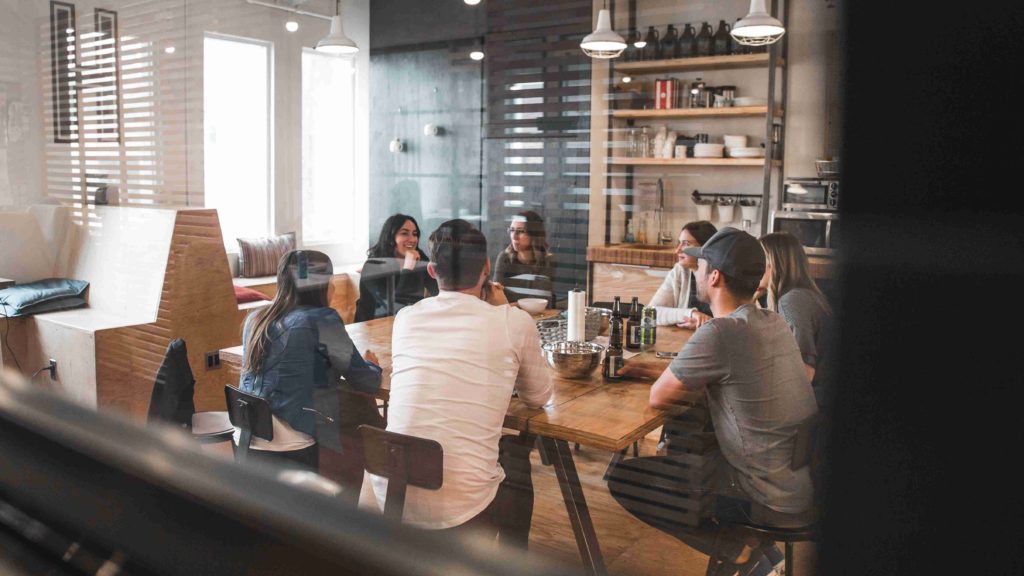Retour au bureau après l'adoption de la directive COVID : aperçu et meilleures pratiques
Posted: 27 May 2022Any period of change can be a volatile time for those who suffer from mental ill health.
Two years ago, for many, that change was the switch to working from home full-time, which came with rising concerns about loneliness, work-life balance, among other things. Now, with many businesses returning to their offices, the opposite problem is presented: what can be done to support employees who have anxieties around returning to the workplace?
Since the pandemic began, the number of people suffering from anxiety and depression has increased by 25%. Now more than ever, your employees may need support with their mental health and wellbeing.

There are dozens of articles online telling you what you should and shouldn’t be doing about returning to the office, and the advice is often conflicting. Ultimately, all people and teams are different so there’s no real cookie-cutter solution for how to approach office life post-Covid. The most important thing you can do as a leader is to speak to your team about how they’re feeling. What are their main concerns? Do they have any ideas for how the transition could be made easier? What did they think worked well with their homeworking setup that could be replicated in the office?
One aspect to consider is illustrated in episode 3 of our Safe Space podcast, where Robin Gray of Gayming Magazine talks about how returning to an office environment can be difficult for some LGBTQIA+ individuals, particularly those who are trans or gender nonconforming. Sometimes a person’s home office is a safer environment for them as they can be more authentically themselves. Taking some of the measures Robin discusses here may help to turn your office into a safer space.
The UK-based employment advisory service, Acas, discusses the Health & Safety aspects of returning to work now that most, if not all, Covid-19 restrictions have ended. It would be a good time to make your employees aware that they can request reasonable adjustments, as well as helping them understand their rights in the workplace.

It may be that working life never returns to what it was before Covid – and that might be a good thing. The University of Southampton did a study on what learnings could be taken from homeworking throughout the pandemic with a view of incorporating hybrid and flexible working patterns into the “new normal.” The University offers 10 steps for succeeding in hybrid working, including the need to engage with staff preferences, and thinking about offering flexibility with working hours, not only location.
If you have any success stories or learnings from your experience of returning to the office, we would love to hear about them! Please get in touch with Sky Tunley-Stainton via sky@safeinourworld.com
